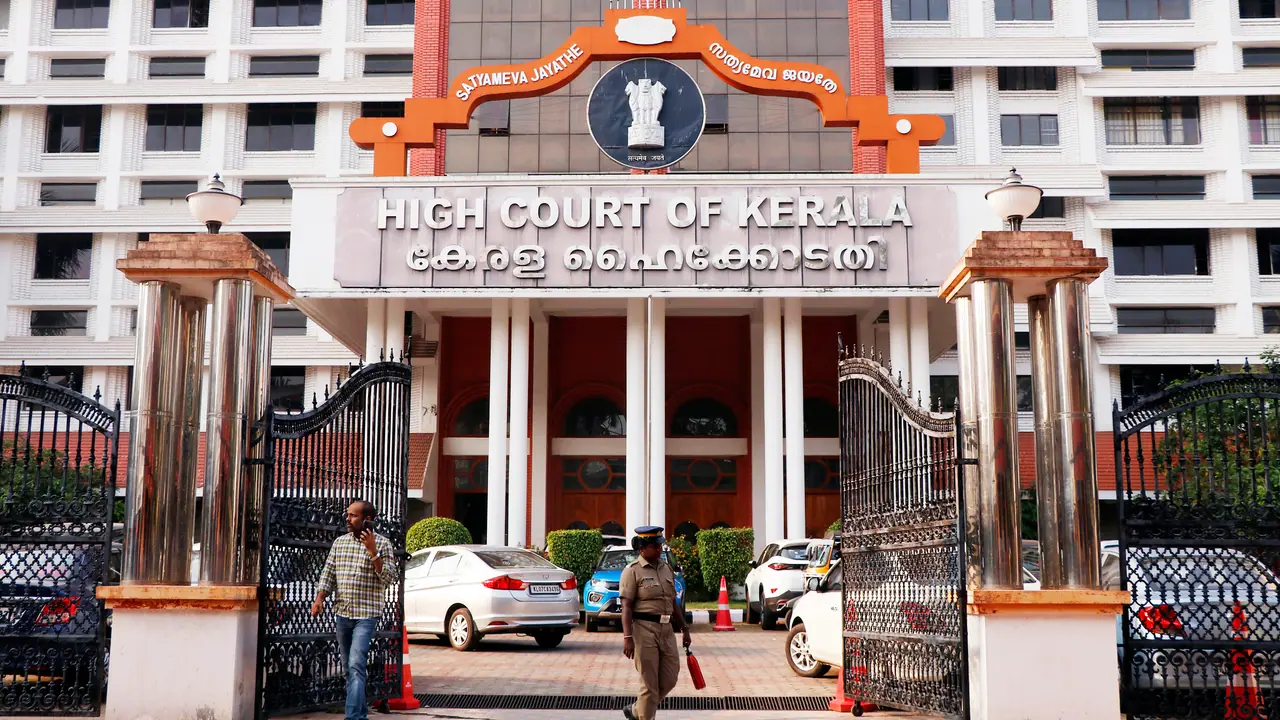Only approved AI tools can be used under strict human supervision, with usage audits maintained. Any anomalies must be reported. This marks the first such directive in India.
New Delhi: The Kerala High Court on Sunday directed the courts not to use Artificial Intelligence (AI) tools to issue orders. The High Court has issued special guidelines in this regard for judicial officers and others. The High Court has directed that cloud-based AI tools, such as ChatGPT, should not be used to issue orders, and action will be taken if these guidelines are violated. The guidelines also clarify that AI should not be used to reach conclusions or issue orders or judgments.
The High Court has directed that caution should be exercised, as there is a possibility of errors while using AI tools. Proper training should be obtained in using AI tools. For this, one should attend a training program held at the Judicial Academy or the High Court. If AI tools are used, they should be approved only. There should be supervision at every stage of use.
The High Court has also clarified that if any anomaly is noticed in the approved AI tools, the IT department of the High Court should be informed. This is the first time that a High Court has issued such an instruction in the country.

Here are the guidelines (As reported by LiveLaw)
- The judiciary and employees are to ensure that the AI tools must adhere to the integral principles outlined.
- Prohibition on submission of information including facts of the case, personal identifiers, or privileged communications or uploading any other documents relating to the litigations to non-approved generative AI tools. Hence, the use of all cloud-based services should be avoided except for the approved AI tools.
- Any results generated by approved AI tools, such as legal citation or references or others have to be verified by the judicial officers.
- Translations generated by AI tools are to verified by judges or qualified translators.
- Human supervision is to exercised over approved AI tools at all times.
- AI tools are not to be used to arrive at findings, reliefs, orders or judgments.
- The approved AI tools are to used solely for the purposes for which they have been provided.
- Courts have to maintain a detailed audit of all instances of AI use, including the names of tools used and the human verification process adopted.
- The members of the judiciary and the employees must attend training programmes of the Judicial Academy or the High Court regarding ethical, legal, practical and technical use of AI.
- The errors or issues noticed in outputs of approved AI tools are to be reported immediately to the Principle District Court and the same has to forwarded to the IT department of the High Court promptly.
(With inputs from ANI)


